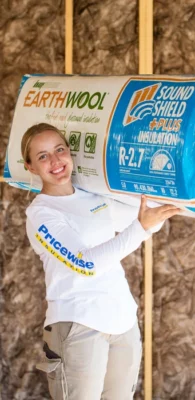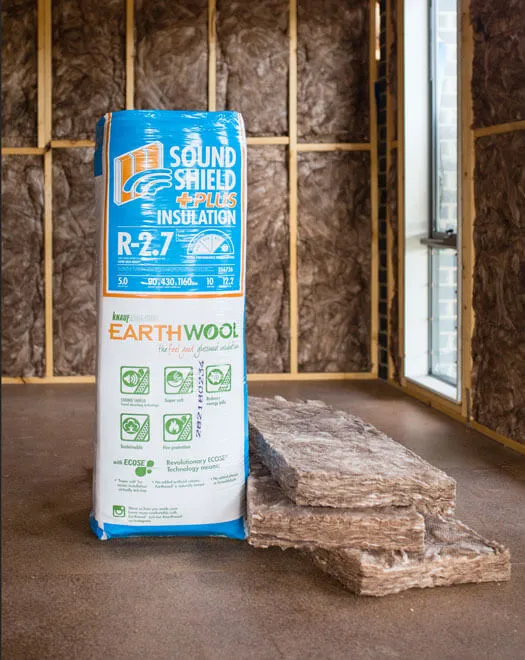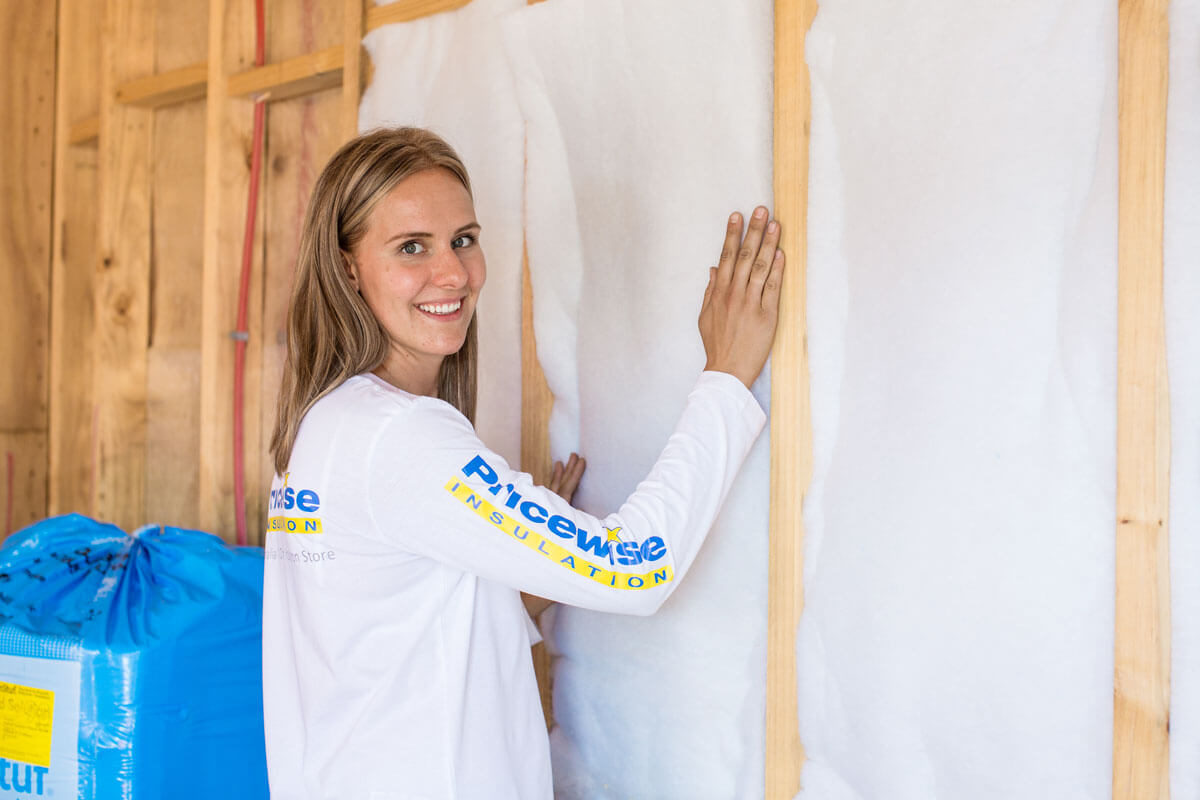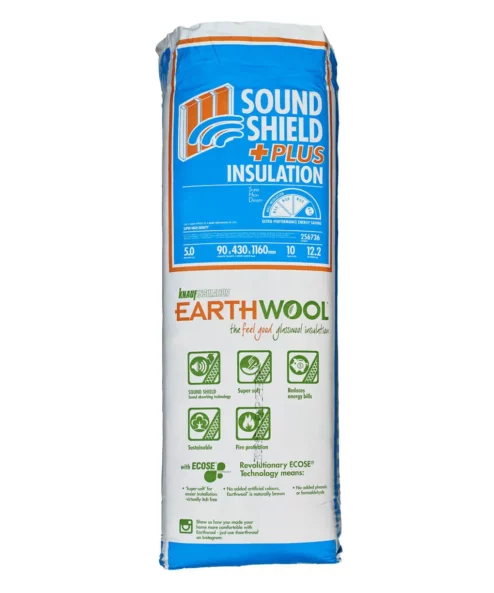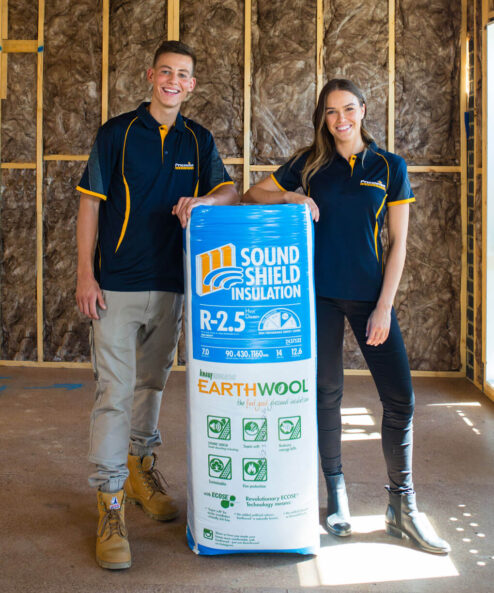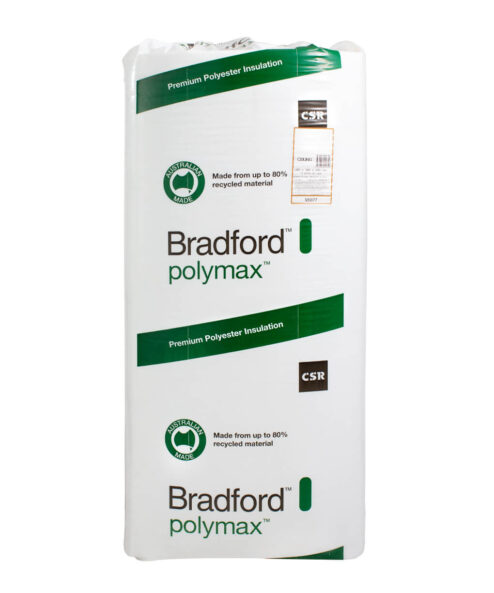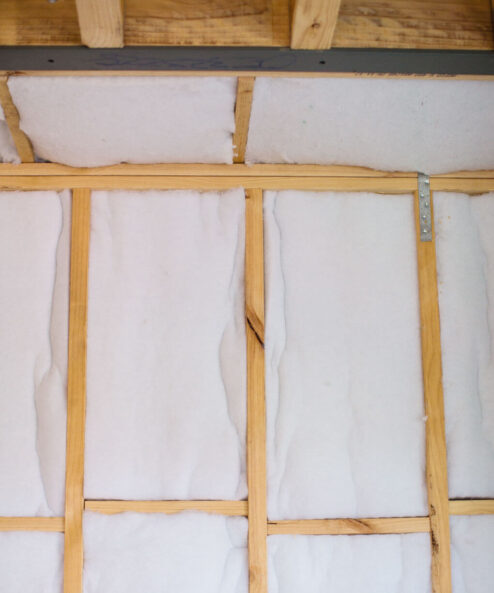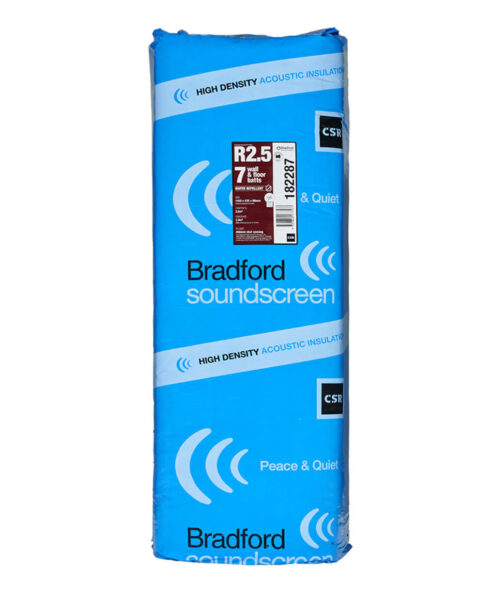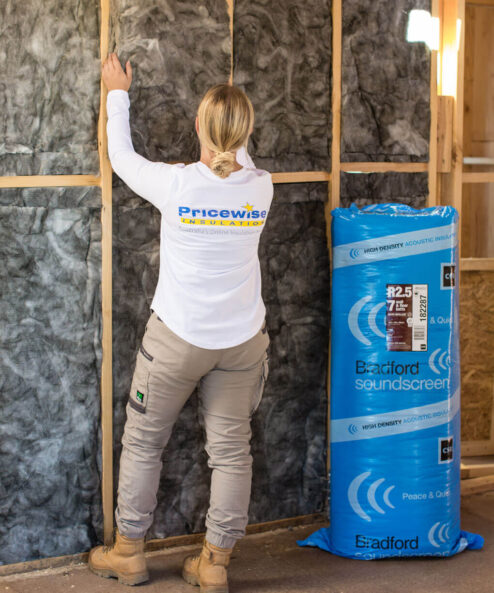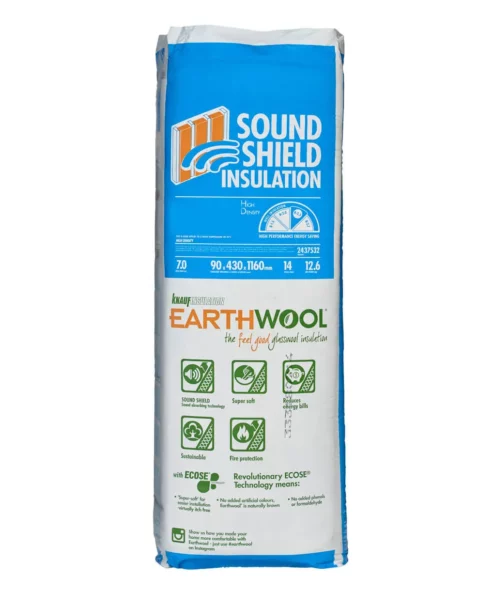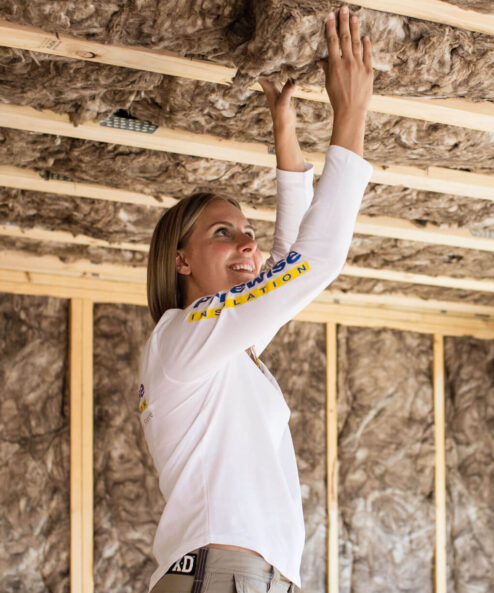Insulation Tips
Are Insulation Baffles Necessary?
Insulation baffles are used to create a quieter environment and to improve sound quality in multi-residential and commercial buildings. They are usually installed above partition walls in suspended ceiling cavities and can make a significant difference in room-to-room sound transmission. They are an easy-to-install, cost-effective solution for a quieter commercial environment.
How important is using baffles in commercial applications?
Many commercial spaces are constructed with lightweight partition walls that don’t go above the suspended ceiling. In such cases, noise can easily travel from room to room through the space above the partition walls. This can be distracting and even stressful for occupants, whether this be in office, education or healthcare spaces. Not only does an under-insulated commercial building mean noisier environments, but it can also have a detrimental impact on sound quality.
Insulation baffles are an effective way to combat this issue of sound transfer. They are installed in the suspended ceiling cavity above the partition walls and their specialised dense design ensures sound is absorbed and not passed between rooms. Baffles are easy to install and are commonly made of polyester which is non-toxic and durable. They can be installed in new or existing buildings without interfering with any lighting, ventilation or other roof elements.
Also Read – What are the different types of roof insulation?
Do I need baffles with batt insulation?
For the most effective result, baffles should be used in the ceiling cavity in conjunction with insulation in the partition walls. Acoustic batts are a popular and effective choice for such commercial insulation applications as they are easy to install and provide excellent results.
Glasswool batts are one of the most popular insulation materials as they are cost-effective and provide good thermal and acoustic benefits. Polyester batts are also popular and have none of the itch factor or breathable fibres associated with glasswool materials. For the highest fire ratings, rockwool insulation is the best choice. Made from crushed rock materials, rockwool is fire resistant, will not produce any toxic smoke and will not spread flames in the case of a fire.
Other commercial insulation products include reflective foil insulation and rigid foam board. Reflective foil insulation is suitable for commercial roof and external wall applications. The thin layer of foil on these products reflects radiant heat from the sun away from the building to help keep indoors cooler passively. Rigid foam board insulation has a closed cell structure which is moisture resistant. It is used in external and internal walls, roofs and underfloors for effective thermal regulation.
Benefits of commercial insulation
Commercial insulation provides numerous thermal, financial and acoustic benefits. By helping regulate temperatures passively, commercial insulation can lead to significant energy savings which will see a return on investment in under 5 years. Heating and cooling is more effective with insulated buildings, which leads to more pleasant work spaces. What’s more, energy efficient commercial buildings are greener, making less of an impact on the environment in the long run. Furthermore, installing acoustic insulation and baffles can help create calm and conducive commercial environments.
Featured ProductsBrowse All

